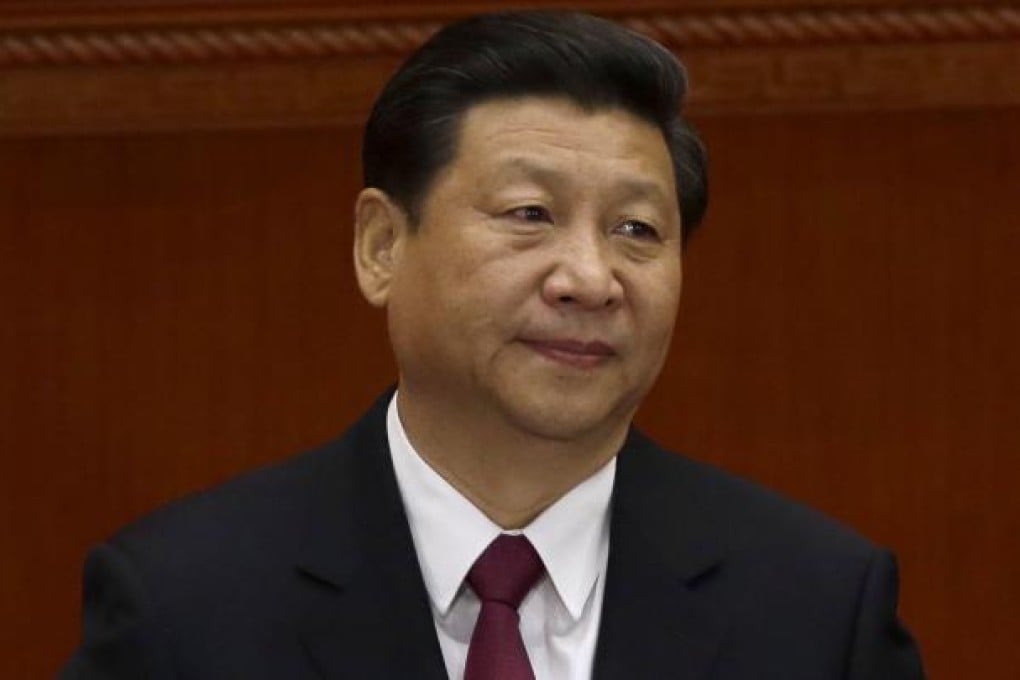Critics underestimate China's strengths
Lau Nai-keung notes its knack of producing leadership fit for the job

China, the world's largest developing economy with a gross domestic product second only to the US, factory to the world as well as its growth engine, is now at a crossroads. Its economic pace has slowed in recent months and it seems the country no longer has any tricks up its sleeve to regain its previous, unprecedented speed.
This comes amid mounting social stress and public debt, together with a real estate bubble, which some say is the biggest in history, on the verge of bursting. At the same time, China has to deal with a more hostile neighbourhood bolstered by America's high-profile re-entry into Asia.
Two days after the US presidential election, the Chinese Communist Party began its 18th party congress yesterday. The two events served similar functions, but every evening in the past month or so we in Hong Kong have been fed at least five minutes' TV coverage of the US election campaigns, while information about the Chinese party congress has been conspicuously absent. The obvious excuse is that Chinese political manoeuvring takes place inside a black box whereas America's is out in the open. This is beside the point; it just boils down to cultural hegemony.
The new Chinese team, unlike its US counterpart that will be in office for four years, is expected to be in power for the next decade without challenge. Thus, leaders can afford to take a longer-term view and make tougher decisions to tackle real issues, a luxury that Western political leaders never have.
On top of this, power is much more centralised in China and its leaders can leverage the resources of the whole country to tackle anything they deem urgent or important.
China is therefore more efficient in managing important events, projects and national crises, as can be seen with the Beijing Olympics and the Shanghai World Expo, as well as the Sichuan earthquake and the evacuation of nationals from Libya.